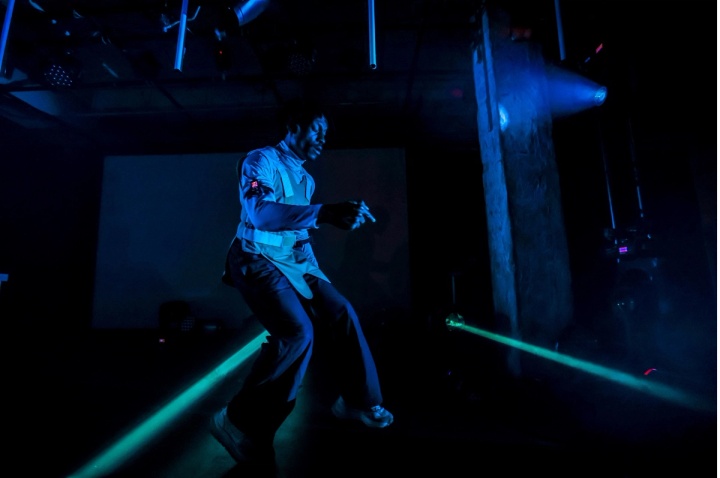
Join Performa's mailing list to stay up to date on the latest news and upcoming events.


The Biennial Consortium is a selective network of New York City’s leading art and cultural institutions that join Performa every two years to present and support performances and exhibitions across the city. First established with the inaugural Performa Biennial in 2005, the Consortium has remained at the heart of the biennial, setting the stage for citywide partnerships that highlight New York’s status as the performance capital of the world every other November.
As Performa marks its 20th anniversary in 2025, the Consortium reflects both the creative history of the city and its living legacy of radical performance. Since the 1950s and 60s, New York has been the meeting point for artists across disciplines who have shaped the international avant-garde, and the Consortium continues to carry that spirit forward.
This year, the network expands with new partners—including Americas Society and Come Forever Garage—while also welcoming back long-standing collaborators such as Asia Society and Metrograph. Together, these institutions affirm performance’s vital role in shaping cultural dialogue and collective imagination.

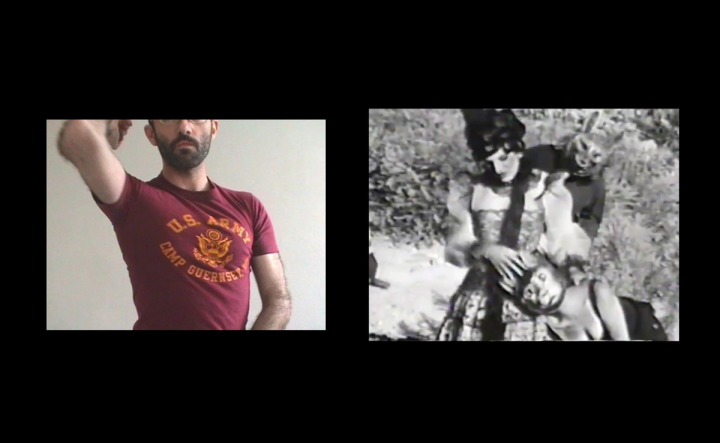


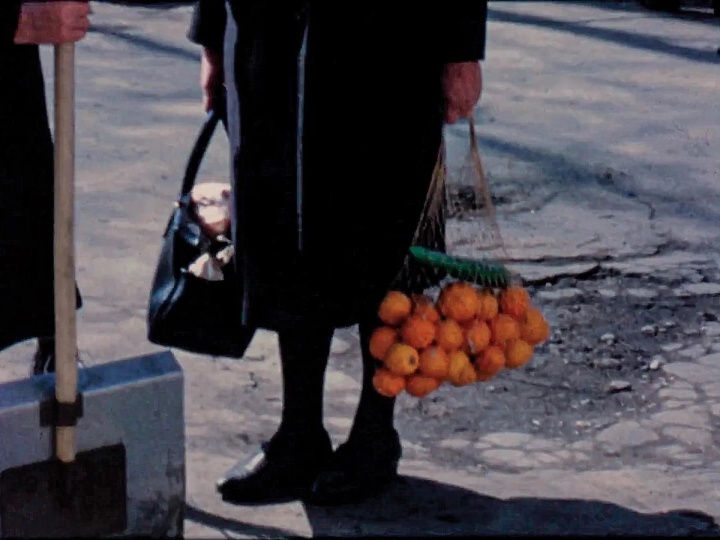
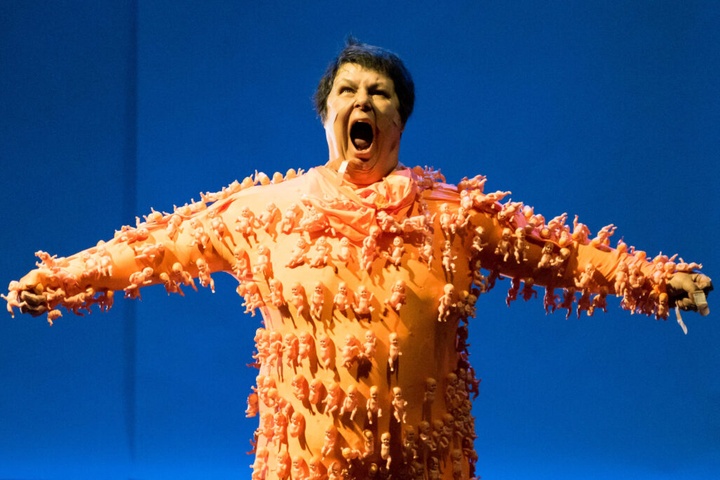
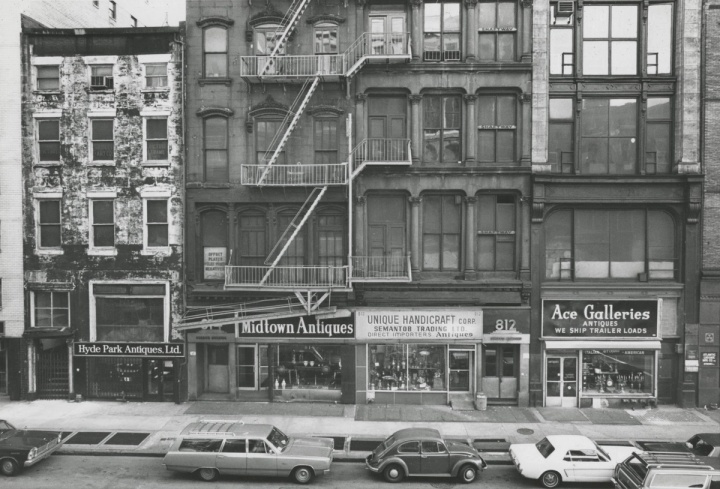
In collaboration with Filmarchiv Austria and the Austrian Cultural Forum New York, Metrograph presents a rare program of restored films by Vienna-born Louise Kolm-Fleck (1873-1950), among the first female film directors in the world. As co-founder of Austria’s first notable production company and of the Vita-Film studio complex—the largest in Europe at its opening in 1919—Kolm-Fleck emreged as a towering figure in the history of her country’s cinema. Makia Matsumara will accompany all screenings on live piano, followed by post-screening discussions with Nikolaus Wostry, Deputy Director and Head of Collections at Filmarchiv Austria.
Reflecting on her legacy, Wostry notes, “More than 100 years ago, Louise Kolm-Fleck, through her work in the cinema, addressed issues like social inequality, female agency, and systemic barriers with striking clarity and courage. This series honors an artist whose groundbreaking contributions have long been overlooked in film history. Spotlighting Kolm-Fleck is a powerful act of cultural diplomacy, feminist historiography, and archival advocacy. It's time to restore her voice and her vision to the screen—where it has always belonged.”
Mädchen am Kreuz (Germany, 1929) - Saturday Nov 8 at 12pm
Kolm-Fleck’s film begins with the appearance of a happy-go-lucky lark, following Evelyn Holt’s Marie, a vivacious student, as she fills her school holiday with laughter and leisure—but the film’s title, which translates to “Girl on the Cross,” gives ominous warning of the about-face ahead, which arrives with a shocking act of sexual assault, the ritual shaming of the victim, and her extralegal revenge on the perpetrator. Ripping off the facade of the happy bourgeoisie home—represented by Mary’s father (Fritz Odemar) and much-younger second wife (Valerie Boothby)—Mädchen am Kreuz finds a seething nest of impropriety, infidelity, and hypocrisy, revealing how quickly and terribly the worshipful cult of the innocent young virgin Fräulein can turn on the very women it once claimed to revere.
Frauenarzt Dr. Schäfer (Germany, 1928) - Saturday Nov 8 at 2:15pm
This frank dramatization of the ethical debate concerning the legislation of abortion rights sees Leopold Kramer’s stodgy, well-established Prof. Hausen—a staunch opponent of the procedure under any circumstances—challenged in his conviction first by his on-the-rise colleague, Iván Petrovich’s Dr. Schäfer—an advocate for reform of current legal restrictions who happens to be engaged to Hausen’s daughter (Evelyn Holt)—then by developments that bring the heretofore abstract issue right to Hausen’s doorstep. Nothing, including the topics of unwanted pregnancy, sexual assault, and the risk of medical complications as a result of shady back-alley abortionists, is off the table in Kolm-Fleck’s film, a robust, highly technically efficient melodrama that was groundbreaking for its frontal address of the concerns of women negotiating the lures and snares of life in the modern city.
"Louise Kolm-Fleck, Feminist Pioneer" is organized by Adeline Monzier, Guest Programmer, Metrograph; Inge de Leeuw, Director of Programming, Metrograph; and Edo Choi, Film Programmer, Metrograph.
This program is made possible with the generous support of the Austrian Cultural Forum New York. Restoration credits: Filmarchiv Austria.


